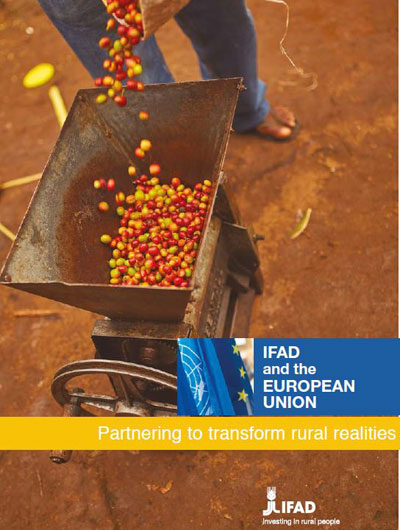20 April 2022. 14:30–16:30 | VIRTUAL, CEST. The Increasing Imperative for Resilient Food Systems in Times of Crisis: What Can Donors Do?

Jennifer Clapp
Professor
University of Waterloo
Vice-Chair, High Level Panel of Experts on Food Security and Nutrition UN Committee on World Food Security
PANELLISTS

Rhoda Peace Tumusiime
Former Commissioner for Rural Economy and Agriculture
African Union Commission
Chairperson
HOPE

Satu Santala
Associate Vice-President for External Relations and Governance
International Fund for Agricultural Development (IFAD)

Martin Bwalya
Ag Director, Knowledge Management and Programme Evaluation (KMPE)
Africa Union Development Agency (AUDA-NEPAD)

Leonard Mizzi
Head of Unit
Sustainable Agri-Food Systems and Fisheries, Directorate-General International Partnerships (DG INTPA)
European Commission
"De-risking on small ticket sizes of bankable projects is the biggest challenge".
Jim Woodhill
Director
AgriFoodNexus Consulting, and Honorary Research Associate
Environmental Change Institute, University of Oxford
MODERATOR

Henry Bonsu
International broadcaster and media consultant
Resources:
The white paper offers a menu of seven action areas for donors:
- Strengthen coordination among donors and other actors to support national pathways for food systems transformation;
- Mobilize responsible investment in food systems from the public and private sectors;
- Promote engagement of private sector actors and value chain innovation for sustainable development;
- Support policy innovation;
- Invest in research and data systems;
- Strengthen governance for food systems transformation; and
- Strengthen universal social protection mechanisms, disaster preparedness and emergency relief programmes.
- IFAD’s Rural Development Report 2021 is focused on rural livelihoods in the context of food systems transformation. The report promotes equitable livelihoods for rural people, who are front and centre in transforming food systems, alongside the need to improve nutrition and protect the environment. The global need for more nutritious food, ecosystem services and a low-carbon economy also offers the potential for new and innovative livelihood opportunities.
- The Rural Development Report 2021 was prepared by IFAD working in close collaboration with Wageningen University over a two-year period. It also presents novel results of a global quantitative modelling exercise that simulated the impacts of various types of transformative changes on a range of environmental, social, economic and nutritional indicators.
In 2018, the European Commission’s Joint Research Centre (JRC) in partnership with UNESCO’s Intergovernmental Hydrological Programme (IHP) launched the project “Water–Energy–Food–Ecosystems (WEFE) Nexus: Analysing solutions for security supply”. The WEFE Nexus aims to increase water, energy, food security without compromising ecosystems services. Its components are present in 14 of the 17SDGs and are therefore highly relevant in terms of working towards their implementation.
- This publication compiles a number of case studies with the aim of highlighting the importance and benefits of the WEFE Nexus approach for development cooperation. It identifies pathways for a more integrated and sustainable use of resources that goes beyond traditional sector-specific development silos. Addressing the Water–Energy–Food–Ecosystems Nexus to achieve the SDGsWEFE Nexus components are present in14 of the 17 SDGs“Since wars begin in the minds of men and



No comments:
Post a Comment